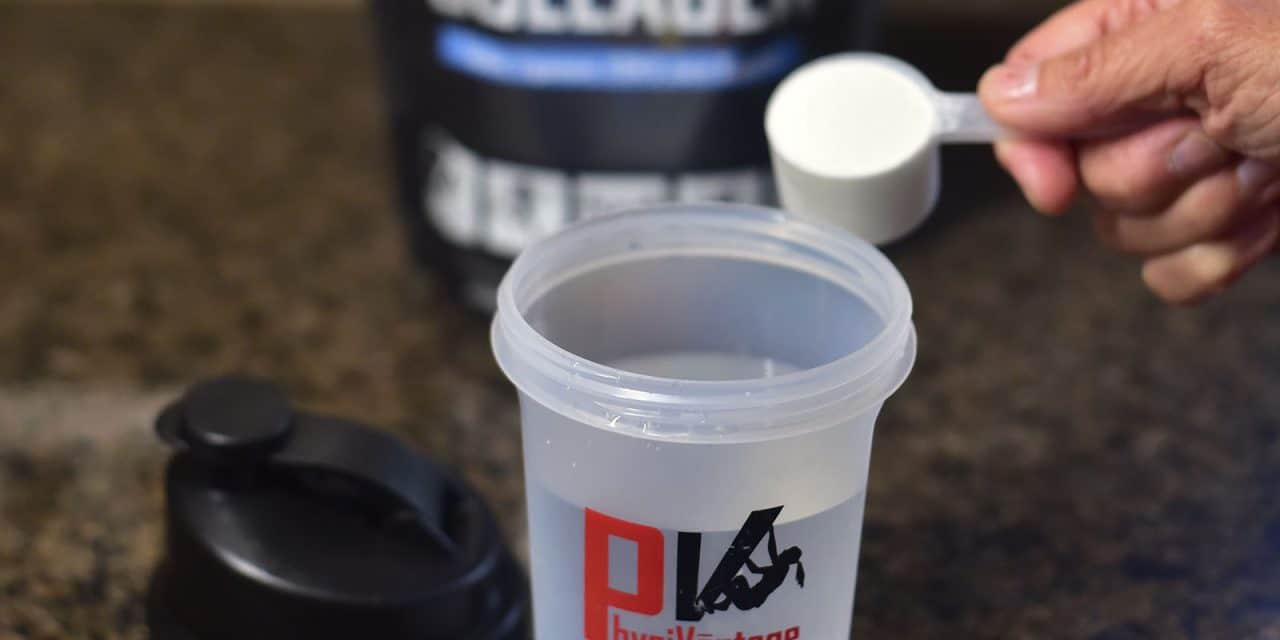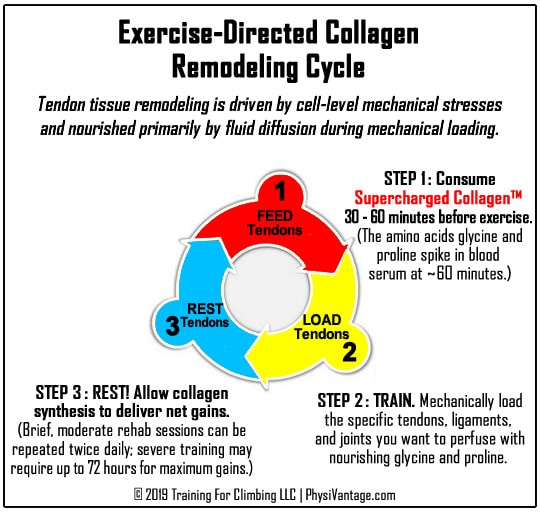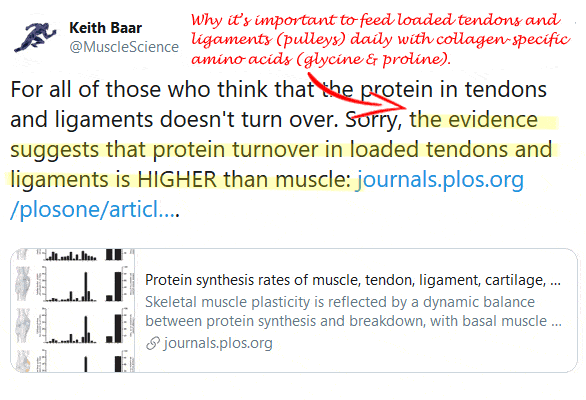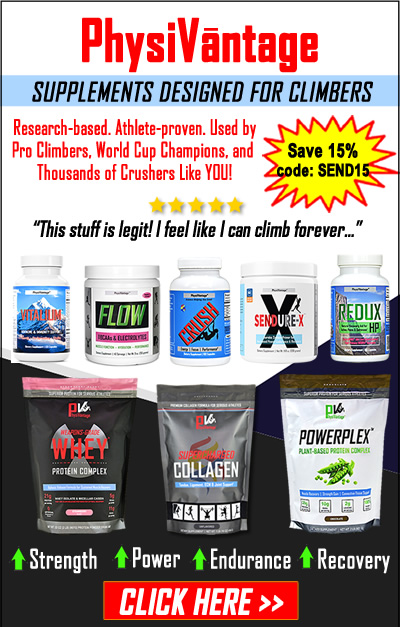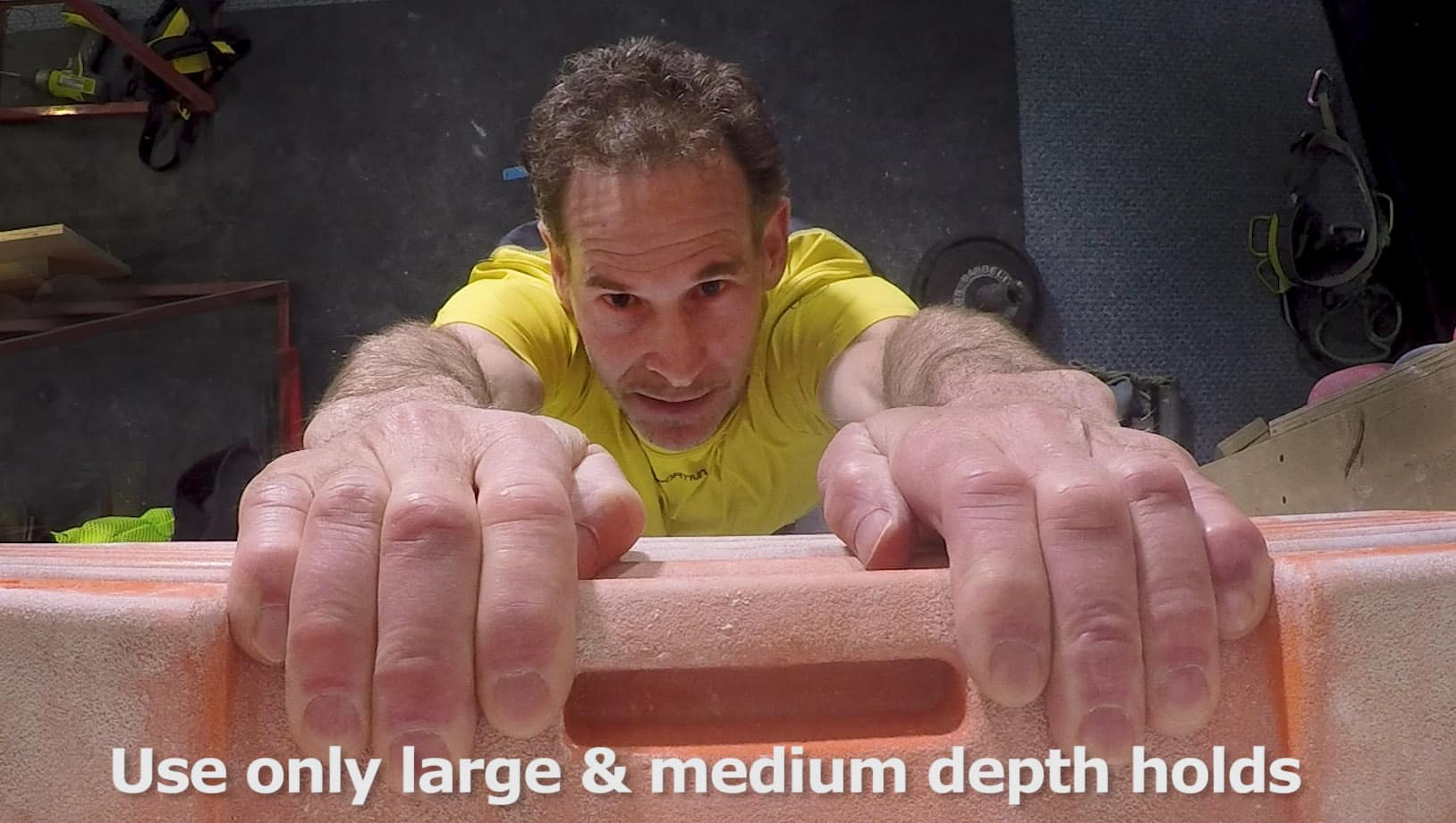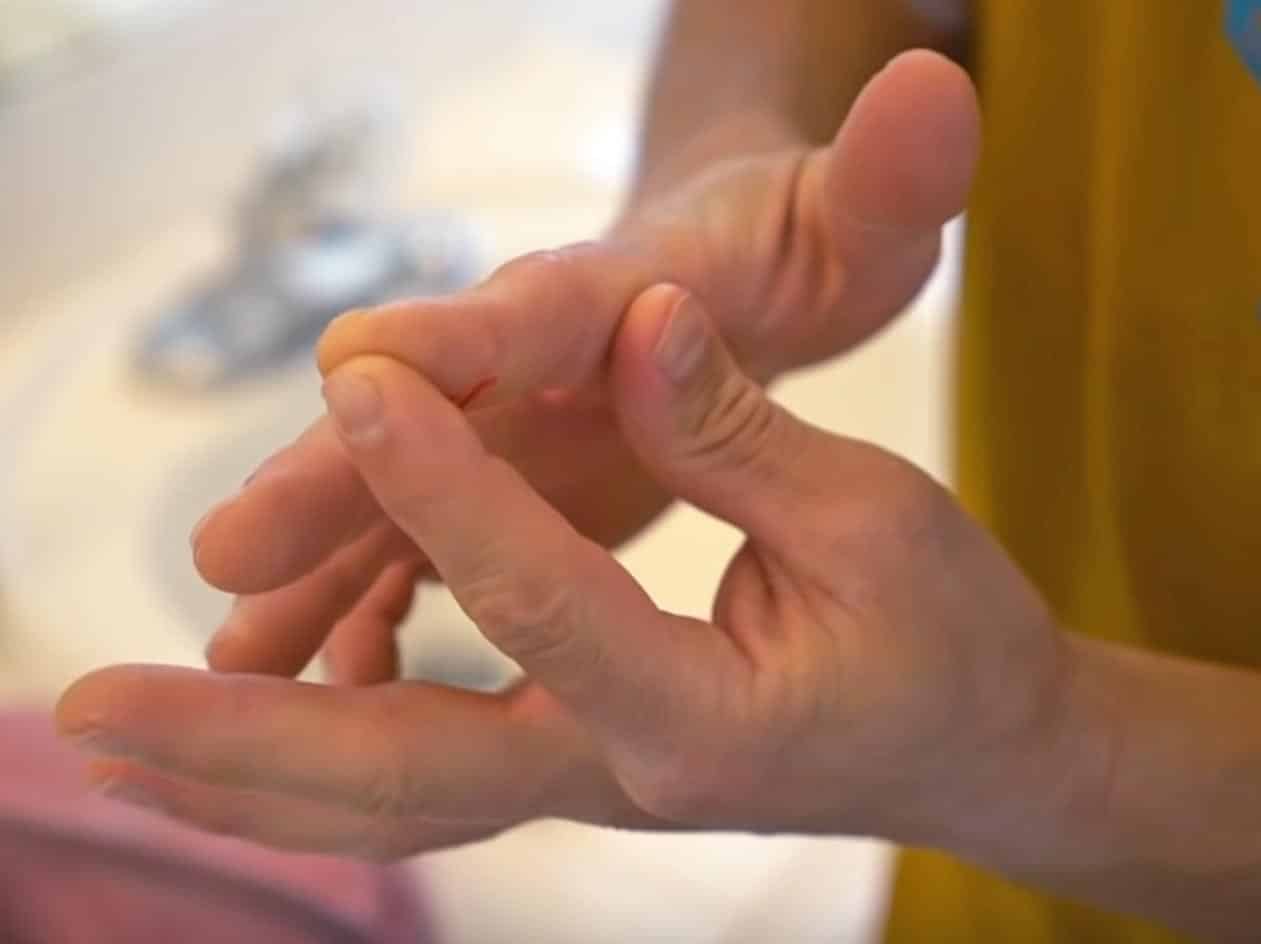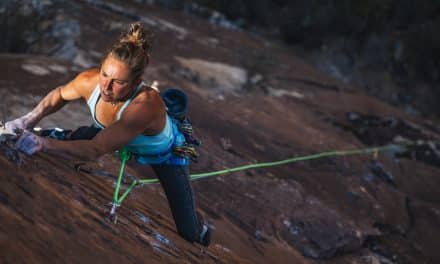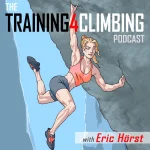How can collagen help climbers?
Let’s first consider that it’s a rare climber that has never experienced finger, elbow or shoulder pain. If you’re a hard-training climber fond of pushing your limits, then there’s a good chance that at some point you’ve experienced pain and perhaps injury in all three sites. It’s sad but true: rock climbing is hard on our connective tissues.
Now for the good news: A growing body of recent research indicates that you can play an active role in developing healthier, stronger connective tissues! The figure below reveals the proven methodology which—yes, indeed—involves supplementation with vitamin-C-enriched hydrolyzed collagen.
[Unfortunately, a couple of grossly outdated articles continue to circulate the internet that express the opinion that collagen supplementation is not supported by the latest research from top Functional Molecular Biology labs in the United States, Australia, and United Kindgom. Meanwhile, OUTSIDE magazine has published (May 30, 2019) a much more timely and science-based article on collagen use by elite athletes.]
Use This Process Cycle to:
- Increase exercise-induced collagen synthesis in connective tissues (such as finger flexor tendons, A2 pulleys, etc.). 1,2, 3
- Accelerate recovery from strenuous plyometric (power) training. 4
- Reduce joint pain both during exercise and rest. 5,6,7
- Improve clinical outcomes from injuries when combined with heavy isometric or eccentric training. 8,9,10
This new technology is not a magic bullet, however. The benefits develop slowly via regular pre-exercise consumption of Vitamin C-enriched hydrolyzed collagen coupled with targeted training of the critical body parts. The Figure above depicts the process cycle that can help a disciplined climber improve connective tissue health, reduce joint pain, and recover more quickly from strenuous exercise.
The science behind these recent discoveries is exciting, and it refutes many common criticisms of collagen supplementation. This is a classic example of how emerging research gradually supplants outdated science and dogma. If you’re interested in learning more of the fascinating biochemistry and biophysics involved, visit the following links to read about tendon/ligament plasticity, tendon structure and muscle matrix, tendon adaptations (and hypertrophy!), some of the causes of tendinopathy and injury, and how to best nourish your tendons and ligaments. Also, here’s a brand new (May 30, 2019) OUTSIDE magazine article with a nice layperson’s explanation of this emerging technology.
Based on this research, PhysiVāntage has developed Supercharged Collagen™ for climbers. Their proprietary formula augments top-grade (grass-feed, non-GMO) hydrolyzed collagen with vitamin C and l-leucine to increase collagen synthesis and anabolic signaling. Rich in the collagen-building amino acids glycine, proline, and hydroxyproline, Supercharged Collagen is further enhanced with l-tryptophan, making it a “complete protein” source delivering all essential amino acids. In aggregate, Supercharged Collagen is the most advanced connective tissue support supplement available for hard-training athletes. Learn more at PhysiVāntage.com.
References:
1. Sha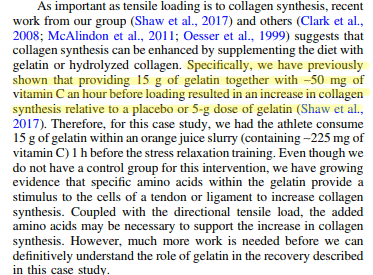 w, G. et al. Vitamin C-enriched gelatin supplementation before intermittent activity augments collagen synthesis. American Journal of Clinical Nutrition 2016; 105(1).
w, G. et al. Vitamin C-enriched gelatin supplementation before intermittent activity augments collagen synthesis. American Journal of Clinical Nutrition 2016; 105(1).
2. Shaw, G., et al. Vitamin C-enriched gelatin supplementation prior to intermittent exercises: Strategies to enhance anabolism: Nutr. Metab. 2017; 105:136-43.
3. Baar, K. Minimizing injury and maximizing return to play: Lessons from engineered ligaments. Sports Medicine 2017 Mar; 47:S5-S11.
4. Clifford, T. The effects of collagen peptides on muscle damage, inflammation and bone turnover following exercise: a randomized, controlled trial. Amino Acids , Volume 51, Issue 4, pp 691–704.
5. Clark, K.L., et al. 24-Week study on the use of collagen hydrolysate as a dietary supplement in athletes with activity-related joint pain. Curr. Med.Res. 2008; Opin.24: 1485–1496
6. De Paz-Lugo, P., et al. High glycine concentration increases collagen synthesis by articular chondrocytes—Acute glycine deficiency could be an important case of osteoarthritis. Amino Acids. 2018; 50(10): 1357-1365.
7. Zdzieblik, D., et al. Improvement of activity-related knee joint discomfort following supplementation of specific collagen peptides. Appl. Physiol. Nutr. Metab. 2017.
8. Praet, S., Purdam, C., et al. Oral supplementation of specific collagen peptides combined with calf-strengthening exercises enhances function and reduces pain in Achilles tendinopathy patients. Nutrients 2019; 11,76.
9. Shaw, G. Rehabilitation and nutrition protocols for optimising return to play from traditional ACL reconstruction in elite rugby union players: A case study. Journal of Sport Science. April 2019.
10. Baar, K. Stress Relaxation and Targeted Nutrition to Treat Patellar Tendinopathy. International Journal of Sport Nutrition and Exercise Metabolism 2018.
Copyright © 2019 Eric J. Hörst | All Rights Reserved.
Training For Climbing, LLC

